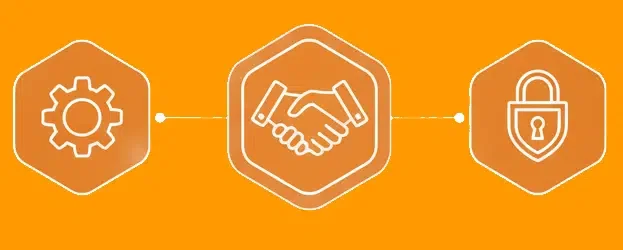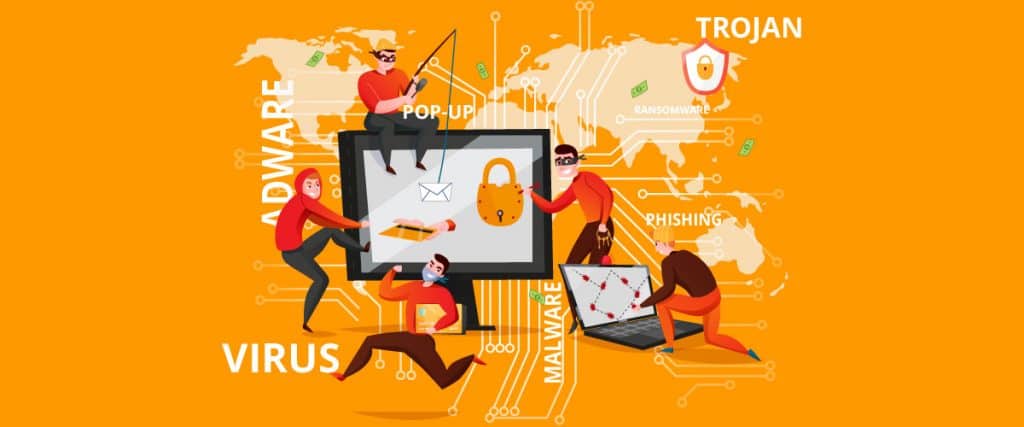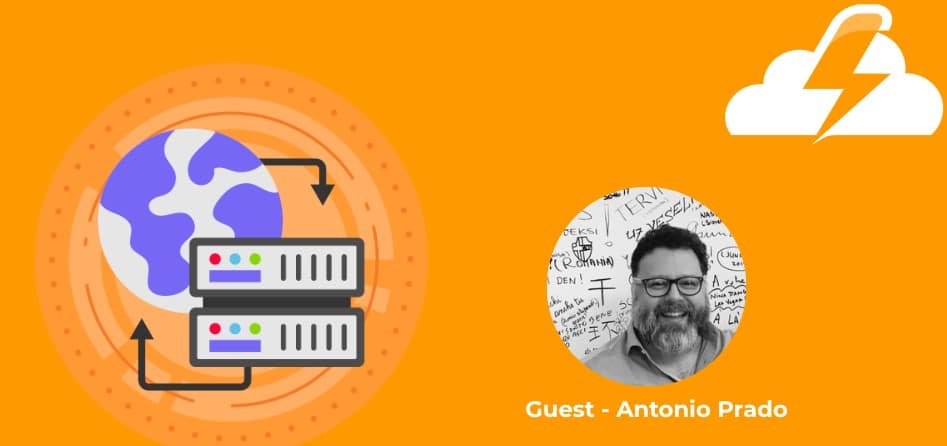
FlashStart: the CIPA-compliant filter
In America, CIPA legislation imposes precise rules for schools and libraries which receive funds through the E-rate program. The goal of these rules is to make the online experience of children and adolescents safer, and institutions must introduce measures to achieve this goal, including internet content filters, such as the one offered by FlashStart, which is a CIPA-compliant filter.
1. CIPA and safeguarding minors online
CIPA – the Children’s Internet Protection Act – is a piece of legislation that was passed by the U.S. Congress in 2000 and became a law on April 20, 2001. This legislation was created to address the growing concerns about the contents to which children and adolescents are exposed online and is aimed primarily at schools and libraries, places where American adolescents spend a large portion of their time.
The measures introduced by CIPA are, in fact, prerequisites for schools and libraries that wish to receive the funds and discounts applied by the E-rate program, a program in the United States which makes certain technology-related products and services more affordable for institutions which meet certain prerequisites.
In 2001, the FCC – the Federal Communications Commission – issued rules for the implementation of the CIPA regulations, rules that have since been updated over the years, following not only developments at the level of information technology in terms of hardware and software but also, and perhaps most importantly, in consideration of trends in the field of internet access and the use of information technology resources by those who, in the eyes of the law, are considered children – thus, all minors.
1.1 CIPA requirements
Institutions that want to access the benefits offered by the E-rate program must demonstrate that they have introduced and implemented an internet security procedure which includes measures for technological protection. Specifically, the measures must include a CIPA-compliant filter, such as that offered by FlashStart, and, therefore, which blocks internet access to images and audiovisual contents that are considered:
» obscene: In the United States, the category is identified by Section 1460 of Title 18 of the United States Code, which contains all federal laws of the United States.
» related to child pornography: Again, the U.S. Code legislates in detail what falls under child pornography, with Section 2256 of Title 18.
» dangerous to minors: This includes any image, photograph, file, or other type of visual contents from which a libidinous interest in nudity and sex can be inferred, or which depicts or represents the world of sex and sexuality in a manner deemed offensive to minors.
This legislation, however, does not stop here, and, in fact, the list of contents deemed dangerous also includes those that lack serious literary, artistic, political, or scientific value in relation to minors.
1.2 The CIPA standard for internet security
In order to meet the CIPA standard, schools and libraries must adopt and implement an internet security procedure that considers the following points:
» Children’s access to inappropriate contents on the internet;
» The safety of minors when using e-mail, online chat apps and programs, and other forms of electronic communication;
» Unauthorized access and other illegal activities that minors may carry out online;
» The unauthorized use and dissemination of personal information about minors;
» Measures that restrict access to contents that may harm the psyche of minors.
Thus, the safety standards imposed by CIPA are very high and make it necessary to install a CIPA-compliant filter that will ensure the blocking of all such contents deemed dangerous to the psychological, affective, and relational development of young network users.
>> FlashStart protects you from a wide range of threats and blocks access to malicious sites ? Try it now
2. FlashStart: the CIPA-compliant filter
Internet content filtering offered by FlashStart is among the world leaders in DNS filtering. FlashStart uses artificial intelligence algorithms and machine learning mechanisms to constantly scan the internet for new threats and malware, in order to ensure safe internet browsing for its users.
FlashStart’s content filtering is completely cloud-based and can rely on a global Anycast network. Whenever a user types in the name of a site he or she wants to reach, FlashStart sends the request to the nearest free node in the Anycast network, guaranteeing very high performance in terms of response latency.
Furthermore, being totally cloud-based, the tool allows its users to always enjoy the most up-to-date protection where, as soon as a new threat is highlighted and cataloged, it is immediately available in the FlashStart cloud for all users, without the need of downloading any updates or proceeding to lengthy system reboots.
2.1 FlashStart blocks malware and much more
However, FlashStart does not only block malware and malicious contents that pose a risk to the devices used in accessing the internet. What makes it a CIPA-compliant tool is precisely the wide variety of contents it can block. In fact, in addition to the malicious contents mentioned above, there are two other types of contents that can be blocked:
» distracting contents, which include social networks, audio and video streaming platforms, online shopping sites, and other types of sites that can cause a loss of efficiency;
» explicit and unwanted contents: FlashStart allows you to block requests to access websites categorized as “explicit” or “unwanted,” and this is what makes it CIPA compliant.
While CIPA focuses primarily on pornography and explicitly sexual images, FlashStart is not limited to porn but also includes violence, gambling, and weapons. According to FlashStart, these subjects are also among those that, as CIPA points out, can cause harm to the young minds of minors at a delicate stage in their development.
>> FlashStart is totally cloud-based and easily activated ? Request a quotation or try it now
3. FlashStart: the ideal solution for schools
FlashStart is the ideal solution for schools, both within the school network and to ensure security in distance learning. In fact, FlashStart can be installed:
» at the router level to ensure that unwanted contents are blocked on all devices connected to the school network;
» at the end-point level, through the ClientShield application, to ensure the security of individual devices issued to students even when they are outside the school network.
Within the school network and on devices where FlashStart is active, the network administrator can decide to block not only dangerous and unwanted contents but also those that cause a loss of attention, such as social networks and audio and video streaming platforms. These blocks can be permanent in nature or can be scheduled for precise days and times.
Furthermore, the network administrator may choose to assign different security profiles to different users based upon their status/scope. For example, he may decide to adopt tighter policies for students, while allowing teachers to access platforms and sites that can be used as teaching media.
>> FlashStart is a multi-tenant, easily installed DNS filter against malware and unwanted contents ? Request a quotation or try it now
3.1 FlashStart respects local regulations and industry standards
FlashStart not only complies with CIPA regulations but also complies with privacy security standards and many other local regulations regarding data analysis and forensic evidence.
In fact, FlashStart has incorporated the European Data Protection Regulation (“GDPR”) and complies with more specific local regulations, such as the U.S. CCPA, which we have discussed at length in this article. For this reason, FlashStart also helps school administrators and all staff to ensure compliance with local supervisory regulations and avoid problems related to cyberbullying, pornography, and child grooming.
3.2 FlashStart: a worthwhile tool for distance learning
FlashStart protects remotely connected students as well as those within school walls. Given the increase in the field of distance learning, FlashStart has taken steps to be able to help schools carry out their activities safely.
Router-based protection is also provided to end users – students – who are outside of the network. Wherever they are, FlashStart reaches them and protects them with an entirely cloud-based filter that is difficult to disable: the only one who can do so is the network administrator, who is told the passwords necessary to disable the service.
Finally, FlashStart’s offer for schools is extremely affordable, and protection via router can be extended to all remotely connected devices at a competitive price.
You can activate the FlashStart® Cloud protection on any sort of Router and Firewall to secure desktop and mobile devices and IoT devices on local networks.









